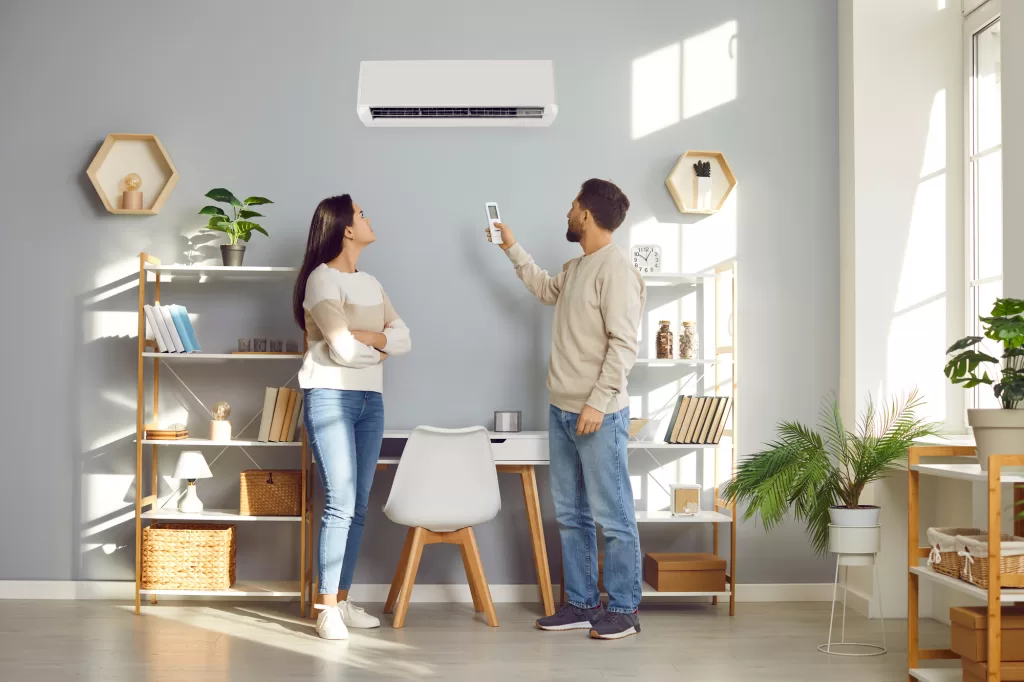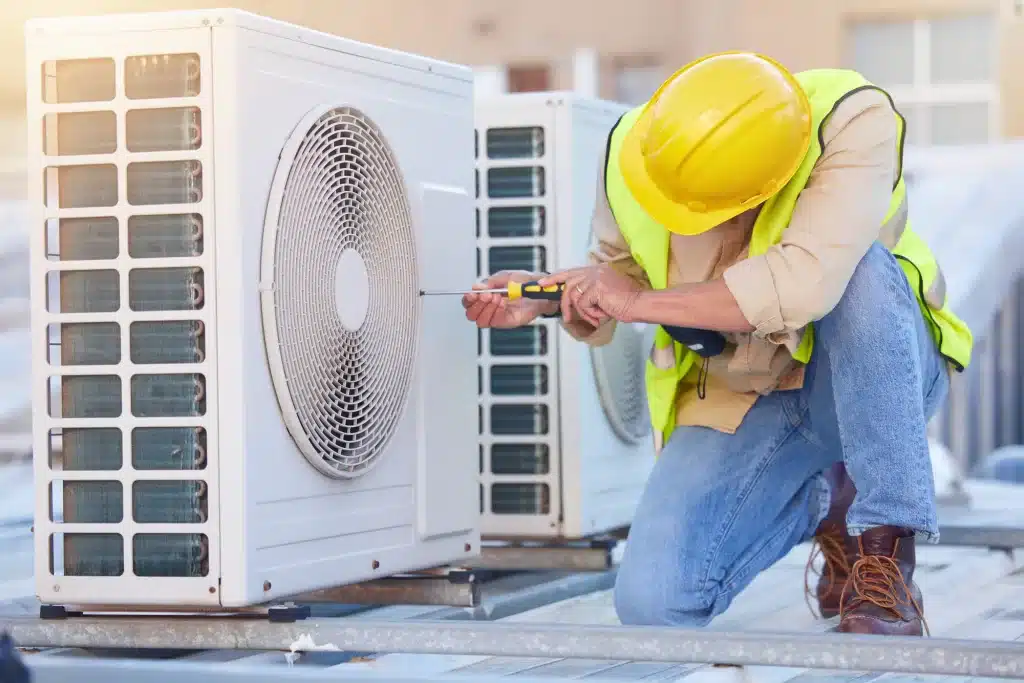Your heating, ventilation, and air conditioning (HVAC) system is the heart of your home, operating tirelessly to maintain your comfort even when temperatures fluctuate. However, consistent operation can cause wear and tear, leading to the need for maintenance and repairs.

HVAC maintenance is crucial to keeping your system running smoothly. Neglecting it could lead to a breakdown and costly replacement. Fortunately, there are steps you can take to ensure your HVAC system endures a long and beneficial lifespan. This article discusses six tips to help you maintain your HVAC system and keep it running efficiently.
Ducts distribute heated or cooled air from your HVAC throughout the different sections of your home. Over time, dust, dirt, and other debris can accumulate in the ducts of your HVAC system, reducing efficiency and potentially causing health problems.
It's important to keep them clean to ensure optimal efficiency and prevent damage to the system. Ensure that your ducts are cleaned regularly. You can use a vacuum cleaner or hire a professional to clean the ducts thoroughly. This will improve your HVAC system's performance and the air quality in your home.
Regular and timely duct cleanings help spot any issues, including leaks, that may cause harm and turn into costly damage. If you notice any damage, have it repaired immediately to prevent further problems? Frequent duct cleaning can improve air quality and reduce allergy symptoms by eliminating allergy-triggering mold particles.
Proper air filter maintenance plays a crucial role in maintaining the performance and longevity of your HVAC system. Air filters prevent dust, dirt, and other debris from entering the system and impairing its performance. Clogged air filters can restrict airflow, reducing the system's efficiency and increasing the strain on its components.
To prevent this, change the air filters regularly. The frequency of replacing the filters depends on the filter type and the system's usage. If you use disposable fiberglass filters, replacing them monthly is advisable. However, if you have pets or allergies, you may need to change them more frequently.

Regular maintenance is another effective strategy to prolong the lifespan of your system. Schedule regular maintenance with a skilled HVAC expert to have the system checked and maintained. The professional will inspect the system, clean it, and make any necessary repairs.
During maintenance, the technician will comprehensively examine the system, identifying and addressing problematic areas before they lead to more severe complications. Throughout this regular scrutiny, the technician can identify and address problematic regions before they lead to more severe complications. Staying diligent with maintenance can diminish the likelihood of a malfunctioning HVAC system, particularly on scorching summer days.
A smart thermostat is among the most productive approaches to enhance the longevity of your HVAC system and reduce expenses. Smart thermostats offer effortless programming and remote-control capabilities via your smartphone or tablet.
A programmable thermostat allows you to set the temperature to adjust automatically based on your schedule. For example, you can set the temperature lower when you're away from home and higher when you're at home. Additionally, specific models can study your HVAC patterns and program, enabling them to implement energy-saving adjustments without necessitating manual programming. This will help reduce energy costs and improve the system's efficiency.
If your air conditioning malfunctions, it's crucial to seek professional inspection promptly. Homeowners may lack the expertise to investigate their furnaces or air conditioners independently. Attempting to do so may result in further costly damage. Issues such as unusual sounds, unpleasant odors, and inadequate air circulation are all problematic. Hence, it's advisable to turn off the system and immediately contact an HVAC technician.
The condenser unit is responsible for releasing heat from the refrigerant and cooling it down. A dirty condenser can impede proper ventilation and cause damage to the system. This component is often situated outside your house and is built to endure various weather conditions. Nonetheless, it's susceptible to harm from debris propelled by winds or hail. After severe weather, examine the condenser unit for any signs of damage.
In addition, leaves or dirt can pile up within the condenser, impeding adequate airflow. This reduces the efficiency of your system, amplifies the strain on its components, and can cause damage. So, ensure you periodically clean this unit and eliminate any buildup of debris or leaves. Trim any trees or plants that grow near the condenser to provide ample space for proper ventilation.
Conclusion
Caring for your HVAC system is crucial for ensuring a comfortable and healthy home environment. By following the tips discussed in this article, you can improve the performance and longevity of your HVAC system, reduce energy costs, and avoid costly repairs. Remember, regular maintenance is key to identifying minor issues before they become major problems and maintaining the optimal functionality of your HVAC unit. So, take the necessary steps to care for your HVAC system and enjoy a comfortable and efficient home all year round.